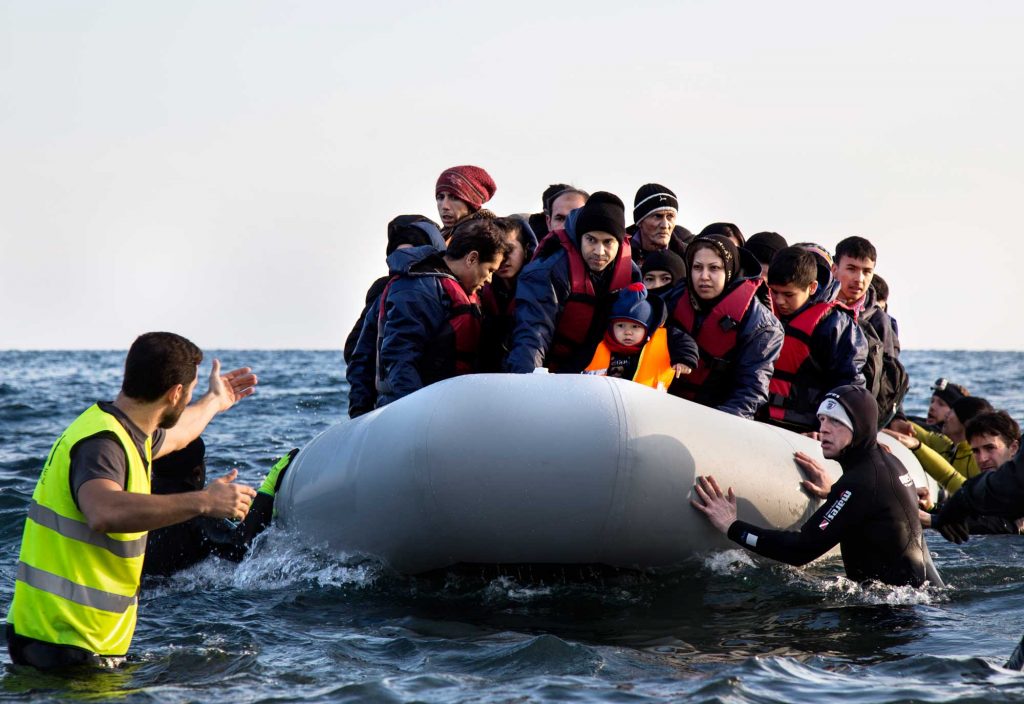Overview
We pass essential skills into local hands, preparing those in disaster-prone areas to better withstand adversity. Embedding these skills into the community lies at the heart of what we do: build self-reliance.
In keeping with our commitment to preparedness, we also train our international and national staff, actively working to increase their technical understanding. We ensure that our teams are trained across such disciplines as logistics, procurement and fleet management, enabling them to respond to any emergency quickly, effectively and safely. And our classification as an EMT Type 1, Fixed and Mobile, demonstrates to countries and communities in need that International Medical Corps can meet and exceed the rigorous standards for emergency response set by the WHO and community of practice.
READ MORE
Key Stats
We can quickly deliver tons of critical aid to relief workers around the world following natural disasters, thanks to careful planning and valued partnerships
Tens of thousands of registered users globally use our online course to learn how to better coordinate emergency assistance to those in urgent need
We have provided more than 50 in-person workshops on four continents to build the capacity of national and international NGOs


